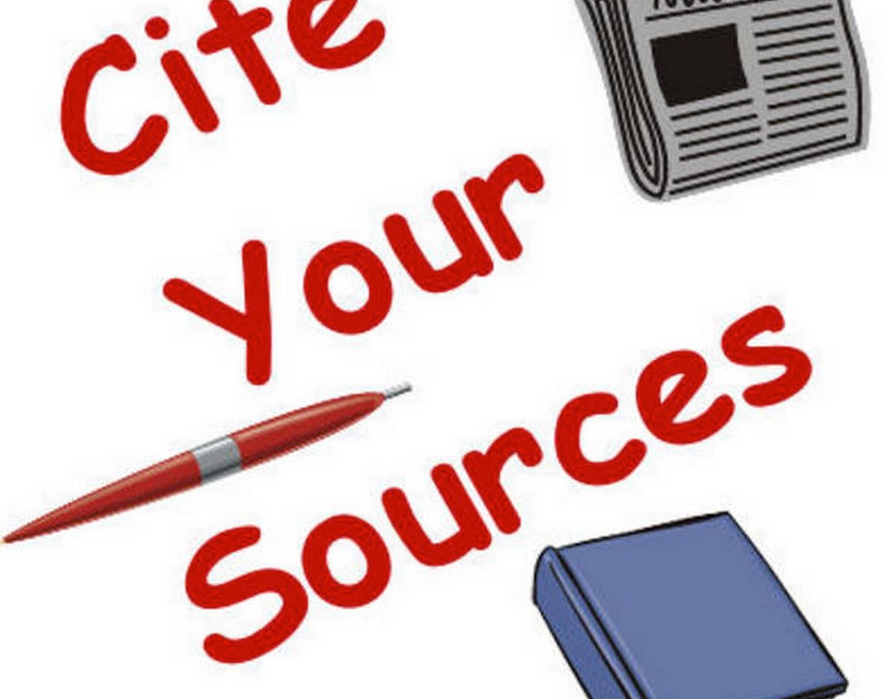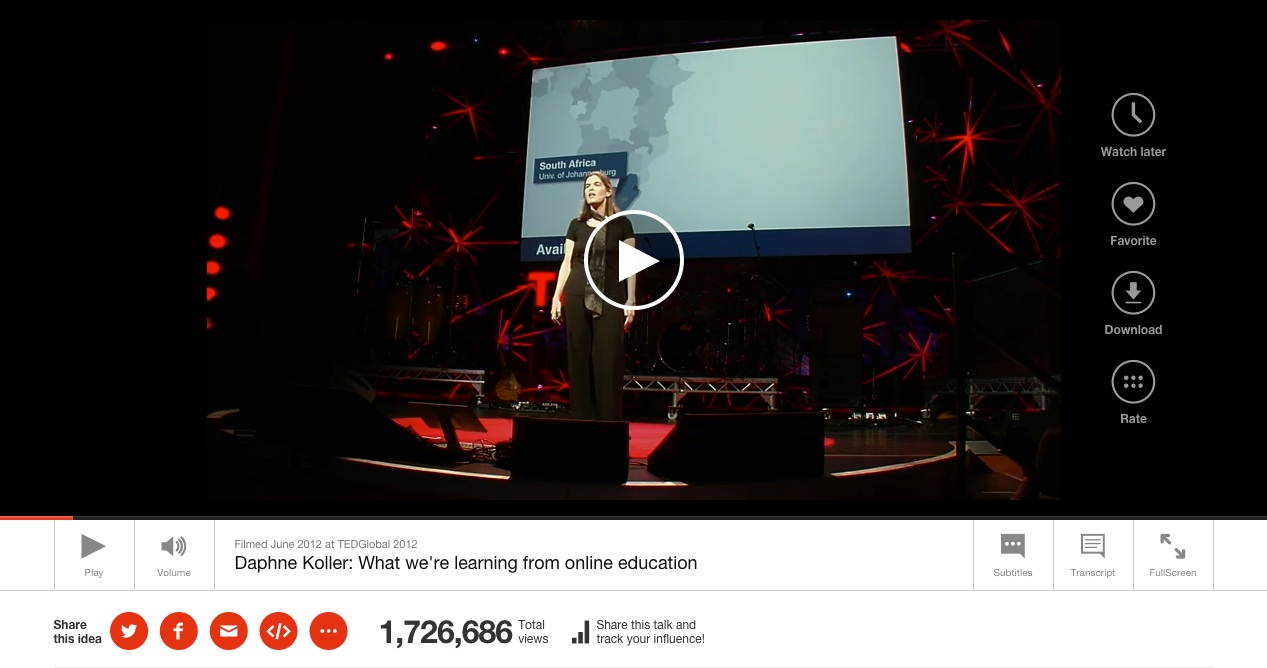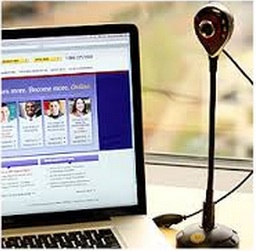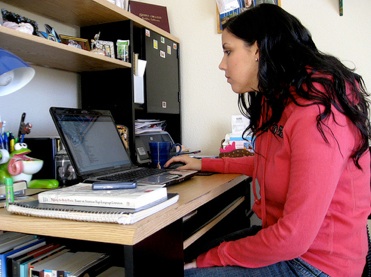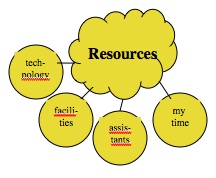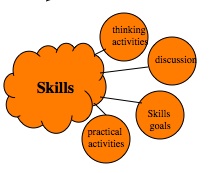‘Agile’ Design: Flexible designs for the digital age
Before I was rudely interrupted by MOOCs, I had almost finished my chapter on Models for Designing Teaching and Learning for my open textbook,...
A ‘starter’ bibliography on MOOCs
For the increasing number of students doing Masters' dissertations or Ph.D's on MOOCs I have collected together for convenience all the references made in...
Why MOOCs are only part of the answer for higher education
OK, except for the next post, which will be a list of publications on MOOCs for graduate students studying the topic, and a scenario for...
Why the fuss about MOOCs? Political, social and economic drivers
The end of MOOCs
This is the last part of my chapter on MOOCs for my online open textbook, Teaching in a Digital Age. In...
The strengths and weaknesses of MOOCs: Part 2: learning and assessment
The writing of my book, Teaching in a Digital Age, has been interrupted for nearly two weeks by my trip to England for the...
The dissemination of research in online learning: a lesson from the EDEN Research Workshop
The EDEN Research Workshop
I'm afraid I have sadly neglected my blog over the last two weeks, as I was heavily engaged as the rapporteur...
What students learned from an MIT physics MOOC
Colvin, K. et al. (2014) Learning an Introductory Physics MOOC: All Cohorts Learn Equally, Including On-Campus Class, IRRODL, Vol. 15, No. 4
Why this paper?
I...
The strengths and weaknesses of competency-based learning in a digital age
Chapter 5 of my open textbook, 'Teaching in a Digital Age', is now published. In Chapter 5, I developed the concept of a learning environment.
I...
Adapting student assessment to the needs of a digital age
The story so far
Chapter 5 of my open textbook, ‘Teaching in a Digital Age’ is about the design of teaching and learning, which I am...
Developing intellectual and practical skills in a digital age
The story so far
Chapter 5 of my open textbook, ‘Teaching in a Digital Age’ is about the design of teaching and learning, which I am...







